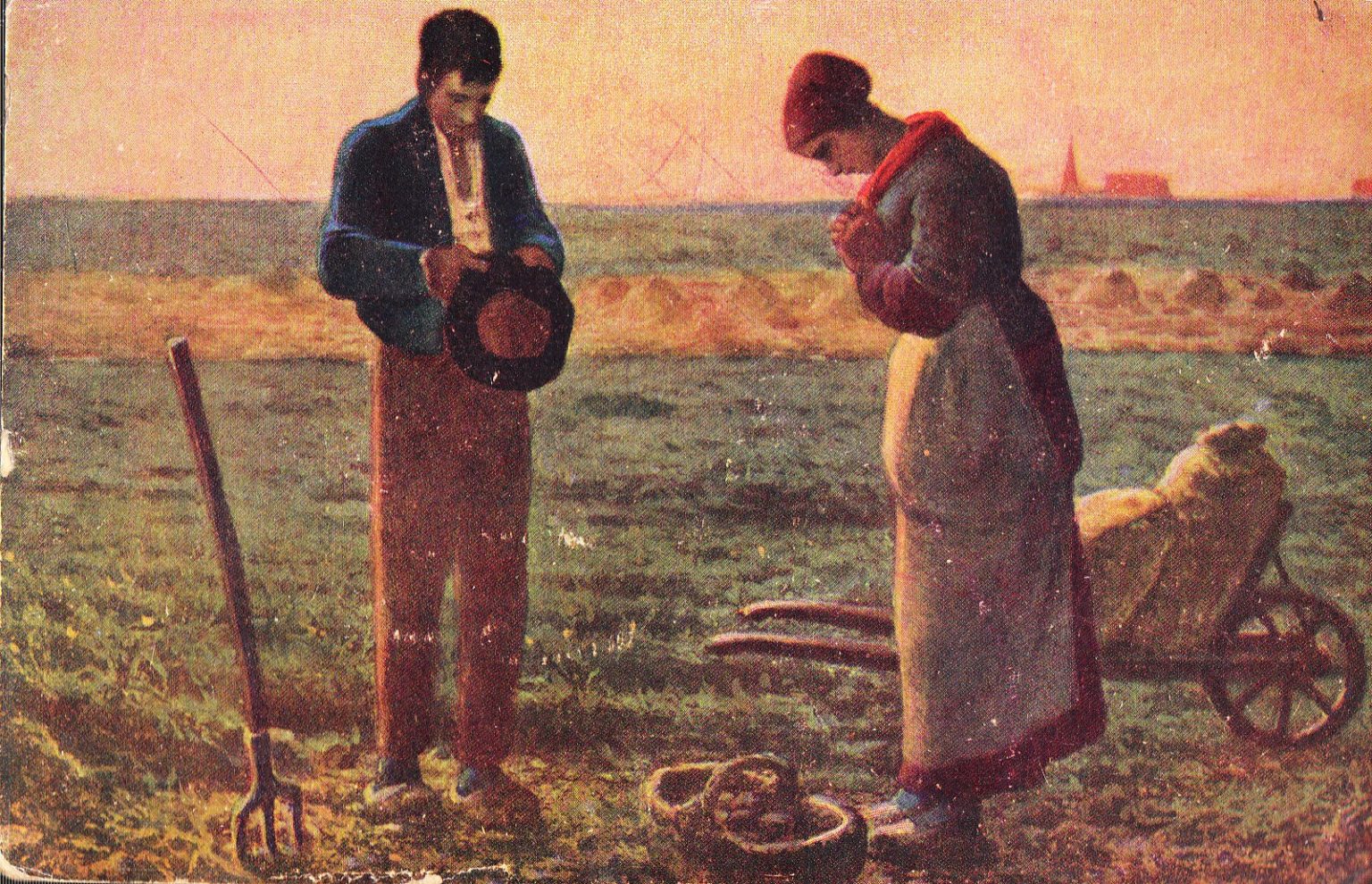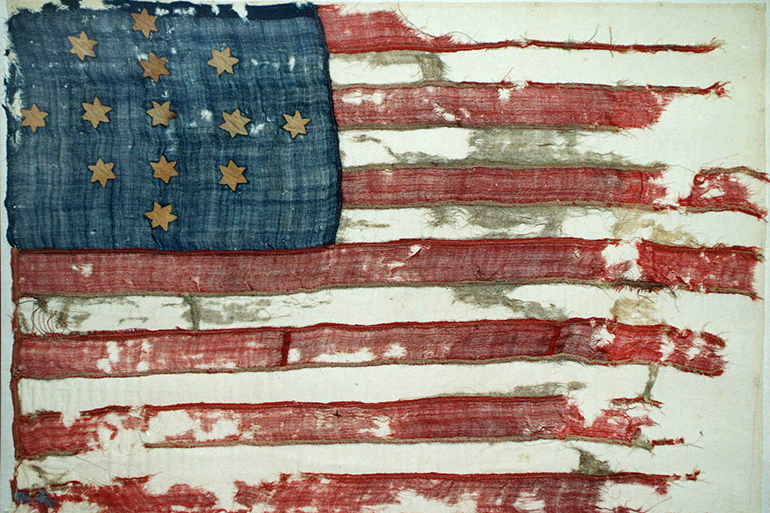This is Part IV of the series, A History of Government Employment. Everything we have learned, from public employment in the USSR, the European Union and Wisconsin tells us that…
Bureaucracy kills.
And it kills totally.
And when it’s not killing, it is pooping on everything in sight.
But how it kills matters, for the difference between a private sector bureaucracy and a state bureaucracy is about the same as between a .357 magnum and a 20 megaton bomb.
In the free market a private sector bureaucracy can only kill its own company, never the entire industry. And that company will be quickly replaced, which is as designed by the Invisible Hand.
Government bureaucracies, however, can kill the whole shebang, for they can prolong death through taxes, printing new money, even reinventing new reasons for being there (which explains why there are more employees in the Department of Agriculture than there are farmers).
So, when a public bureaucracy kills, it can destroy a society totally, leaving, as we are seeing in Russia, one that is rudderless, without any fixed stars in the heavens to guide it.
Such societies always veer headlong into tyranny. That’s a law.
But see, even absolute tyrannies need bureaucracies…unless of course you are El Presidente in San Marcos. This is bureaucracy’s hole card. From the day those apes picked up leg bones to back Thag’s play at the waterhole (Part I), government employees operate under this single principle, that they are always indispensable.
The only way a bureaucracy can be curbed or cut down to size is by a willful executive act….which involves other assumptions that I won’t go into here. But you can quickly see this gives greater leverage to the private company (unless burdened with a large bureaucracy, and one also hooked by the United Auto Workers, et al) than the state-run bureaucracy.
(I could do several thousand words at this juncture to describe why a large bureaucratic corporation, when cuts are required, can never seem to cut the sources of their waste, but rather punish real producers/service providers/front line workers vs the front office…thus hurrying their decline into the dustbin of history. One of my consulting colleagues is a specialist in this area, so we have house staff on this subject should the Congress ever decide to attack this from a strategic vantage point. Hint.)
A fundamental law of bureaucracy is that it is much better to deny it a thing than to try and take it away once given.
Bureaucracies are not logical, or at least they live in an alternate universe of logic. They will go down with the ship, not knowingly, mind you, but through a process of protecting themselves from ever knowing the ship is sinking. Think of lemmings. They aren’t suicidal, just collectively moving in a particular direction, aware of only others just like them on each shoulder and in front and in back. It is not until they have leaped over the cliff that they get enough separation between each other to notice there isn’t dry land underneath their feet anymore.
As to why the leader-lemmings don’t stop at the chasm’s edge despite all the signs that the bridge is out, should also concern you. It is for a variety of reasons, e.g., blind ambition, but also, as Europe is proving in dealing with Arabization, they are also hedging their bets that no matter who eventually “owns” Europe, they will still be a part of management; that they will still be needed.
Finally, as Russia proved, and California and Wisconsin are certifying, they feel the pressure of that mass of lower-ranked humanity coming up their backsides, a pressure they may wish they hadn’t unleashed, pushing them inexorably in a direction they might not want to go, at least so quickly.
At some point they can’t voluntarily stop.
America has passed that point.
The basic bureaucratic math is this:
Under communism, where the state owns everything , almost everyone worked for the State. You know this. But in Soviet production systems, as many as 50% did not produce anything, i.e., were bureaucratic paper-hangers, simply occupying a seat with a hand stamp in a row of other seats with other hand stamps, with no real function other than having a place to be every day, so that the State could proclaim 100% employment. (And you ask why Russians drank.)
Under socialism, where the State owns less but licenses almost everything, the State civil service that oversees this regulatory regime makes up as much as 50% of the national work force, while regulating the other 50%, which, in order to accommodate them, must themselves add an additional 10% of staff to interface with their state controllers.
It’s difficult to assess “state employment” in Europe for this reason. They claim they have a private sector, but in truth, other than their (growing) informal (black) market, there is very little unregulated, unlicensed private business in Europe. No one earns a dime without state permission and state oversight.
The same can be said for most of the third world, the old colonial empires. Their private sectors get table scraps…by design.
And, yes, if you’re wondering, the United States today is closer to this model than most of you know.
As I mentioned in Part II, The American Fly in the Devil’s Buttermilk…
America offered up an alternate form of “government service” than this really cozy situation created for the sole benefit of the State class. European culture, and therefore most of the world’s colonial cultures, since before Marx, had looked upon the creme de la creme of their middle class to be this class of “civil servants”. Only professionals, such as Herr Doktor (especially the physician, but also the scientist, engineer, even select academicians) ranked equally with them…or above.
American culture, on the other hand, while not really diminishing the professions, diminished the public servant greatly, and in two fundamental ways. 1) We admitted into our ranks as equal members the small business class, who the Euros simply wrote off as “petite” and excluded from their polite company. And 2) We, because of 1) above, relegated most of the publicly-paid professions into a master-servant relationship that class had never known before.
It was this petrie dish in America’s development, that changed the world…and defined America…
…as the most prosperous and free society that ever lived on the planet (by the vast majority of its peoples), as well as the most despised by the State “civil service” class…who feels, for very ancient reasons, that we have stolen something from them.
In practical terms, think 19th Century Rotary Club in Germany. No self-respecting city civil servant would ever be caught in a social situation with the owner of small service business.
This was in part “class” based on education, family and manners, but also on income, for the civil servant far out-earned that small businessman, and (here’s the kicker) had the power to make sure that the disparity always existed. He (and his class) had the power to make sure the private sector never, never out-earned them, or godferbid, out ranked them.
Now think Rotary Club in America circa 1910. Your ordinary county official couldn’t afford to buy that small businessman a beer…unless he was a deputy sheriff, who was notoriously corrupt.
But about 30-40 years ago, under LBJ, not FDR (this is important to distinguish), this type of class-and-rank awareness began creeping back into state and local government, all funded by federal laws, regulations and out and out cash transfers. So, today, ranking city and county officials much more rarely socialize with small businessmen, just like Europe.
The original American Math of Public Service
In America, there arose a de facto understanding that if an engineer in a private firm earned say, $25,000/yr, his counterpart in the Cincinnati highway department would make only $20,000. Under no circumstances would the public servant be allowed to earn more than than his private counterpart.
Under the principle that “those who can do, those who can’t go to City Hall” the template in America was that every qualified person who could, got on in the private sector, the rest applied downtown. All the esteem, merit, and in the end pay and benefits accrued to the private sector. The process of reversing that has taken about 40 years,
An ethic was built around this. It was called “the doctrine of public service,” not to be confused with “civil service.”
And surprisingly it was at the core of progressvism by FDR in the 30s. We already know that FDR thought public unions were a really bad, bad idea. He, and his version of Progressives in the 30’s and 40’s also thought that the American model of the state class being subordinated to the private sector, was a good one. (There’s a reason for knowing this.)
For in the 1930s-40s, thousands of graduates from eastern schools poured into the south and Appalachia, as teachers (mostly) and doctors. One of the two doctors in my town was a Harvard man, sending two daughters to Bryn Mawr. Four of our school teachers (K-12, pop 340), and especially the school librarian, were from eastern schools, and I declare, every last one of them tried to dress, walk and talk like Eleanor Roosevelt.
I can poke fun at Mrs Roosevelt now, but she was a god then, and inspired 1000’s to get thee thither to the backwaters of America…
…and to accept $2500 year, without complaint, to teach those dirt-rimmed little mouths how to speak English more better, in households whose illiterate fathers earned about $6000, digging coal.
From “When the State Flew Coach”, an earlier piece I wrote:
At an officer’s call in 1973, in a Far East Command, an Army major stood up and complained to the commanding general about the disparity in his pay in the Army with his counterparts in the private sector….roughly 70%, I recall.
The general’s answer was brief, pointed, and indelibly etched in my mind…â€That’s because we’re the armed services, Major. You might want to refresh you memory as to the meaning of that term.â€
You can see that America has (had) a totally different view about “public service,” and it was ingrained in our spirits. It was based on the fact that we were formed, not only as nation of free men, but of predominantly self-employed men.
So very early on it was established that public servants owed their duty to the people paying them, the taxpayers, and that duty was primarily to do what they were paid to do…which, as we have already established, is the worst obscenity you can shout at a public employee bureaucrat. “Do your damned job!”
That’s what this war is all about, for every day we see how a bureaucracy-borne state can self-destruct…that’s a law…but not before it enslaves, then transforms, its people beyond recognition, stripping the survivors of any memory of the good they’d lost. Again, look to Russia and Eastern Europe.
For America, this means, giving up all this “liberty” crap and moving back, straight back, to the days of Charlemagne, where we once again live under a liege lord of some sort, praying for a good local knight to make our lives anything but a living nightmare.
We have to fix this now, and don’t be surprised to see some “liberal” of the FDR stripe on our side in this.
Since there’s no sense in talking or complaining about things unless you have a solution in mind, Part V will finish this series up. It will be different, in that it will be a skeleton of a list of how to actually fix these things, from Congress to states, to local government, and how, in my view at least, citizens can get involved and stay involved on a daily, weekly basis, not just every November.
I think we can see here that what we are seeing in government, while being guided by Marxists, is really something much more cancerous and out of control…a rapacious sub-culture hellbent on destruction, without really even knowing why.
Let’s dispose of this bunch first, then get back on a playing field FDR would be more comfortable with. Then start the fight up again.
VASSAR BUSHMILLS
Contact: VassarB@gmail.com Twitter: BushmillsVassar
Support: Yes, I’ve never paid been a nickel to write. I now have plans to move on some projects. Your help would be appreciated.
Donations can be made to veteranstales@gmail.com via Paypal
Books: Famous Common People I Have Known and Other Essays
Donald Trump, the Common Man and the American Theology of Liberty (2016, pre-election)
(Both books in Kindle format only at Amazon.com, would love to add chapters, and turn into print copies. Publishers welcome.)






